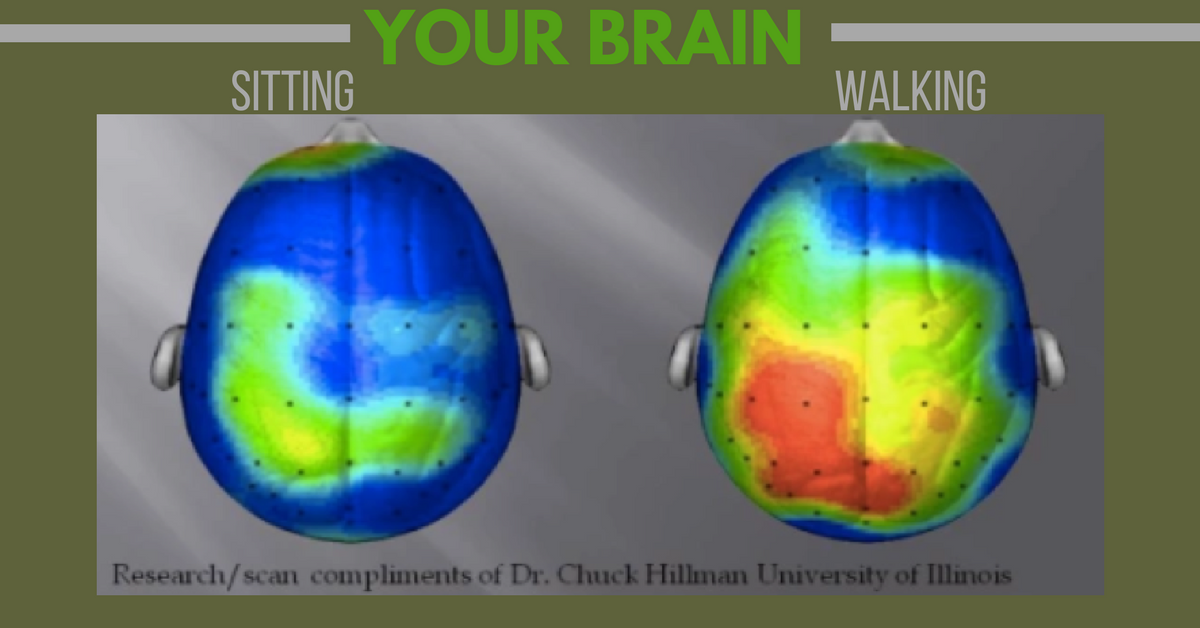What does exercise do to your brain?
How great can exercise really be? Is it the “wonder drug” Business Insider claims it to be. Or is it just hype?
This is Your Brain on Exercise…

-
Exercise Makes You Happy
Building more stamina and muscle, and burning fat are all great side effects of exercise. Perhaps even more important is that it makes you happy. Just 20 minutes of moderate exercise can make a big difference in brain performance. Your body reacts to this stimulus by releasing endorphins and the protein BDNF. If you’ve ever tried rucking, you’ve probably experienced the anti-depressant like ‘runners’ high’ for yourself.
-
It Expands Your Mind
You’ve heard the saying “healthy body, healthy mind.” It’s true. Like your other muscles, if you don’t exercise your brain, it atrophies. Physical exercise creates a surge in oxygen to the brain, and hormones. This facilitates brain plasticity and new neuron connections. For some this means working out is powerful for retaining memory and combating aging. For others, it is the magical ingredient that fuels more innovative and creative thinking. This science is all backed by scientific research from UCLA and the University of Georgia. Harvard Medical School and the University of British Columbia second this; pointing to increased size of the hippocampus after aerobic exercise. To really maximize your workout time and benefits, keep trying new exercises like sandbags, rucking, and suspension training.
-
It Protects You from Stress
Have you ever found yourself so stressed that you just can’t think straight? Have you ever taken a walk, or taken it out on a boxing bag, and then felt better and clearer? It’s chemical. Reader’s Digest reports this is due to an increase in the hormone cortisol, which is released in a reaction to stress. Exercise lowers these levels, enabling clear thought again.
-
lt Helps You Focus
Multiple studies, including those from the National Institutes of Health, report that exercise is directly connected to executive function. Tests show that exercise can directly impact the ability to focus, productivity levels, and is passing mental tests. Executive function goes beyond generalities to specifically increase the ability to deal with new challenges, stay self-disciplined, and juggle ideas. Time and the British Journal of Sports Medicine suggest that different types of exercise (i.e. aerobic and resistance training) may improve different types of cognitive brain functions. This makes shaking up your exercise regimen even more important if you want your mind firing on all cylinders in all areas.
-
Sleep
Exercise can help you sleep better. Even just 10 minutes can make a difference according to Sleep.org. If you can sleep more easily and get better quality sleep, you will be in far better mental shape, tomorrow, and over the long-term. It may be unclear if this is just a chemical reaction, or body temperature is a factor as well. Though whether you just want to get jacked, or get an early an successful start to each day, some exercise in the evening can help.

